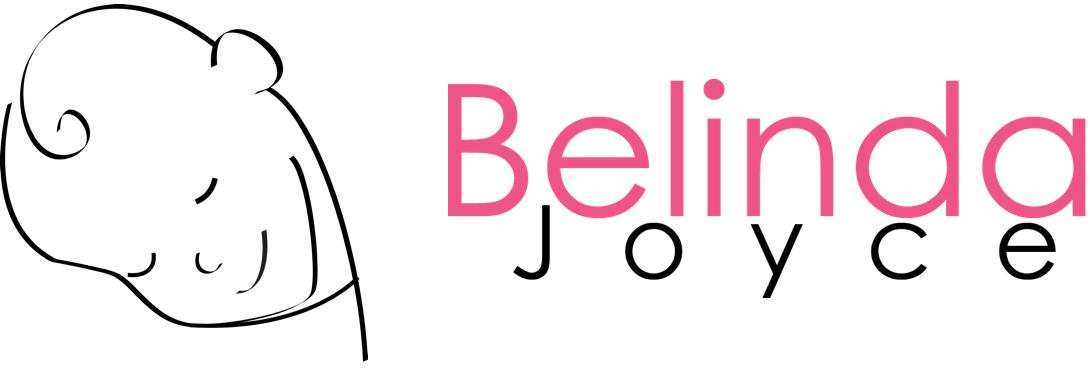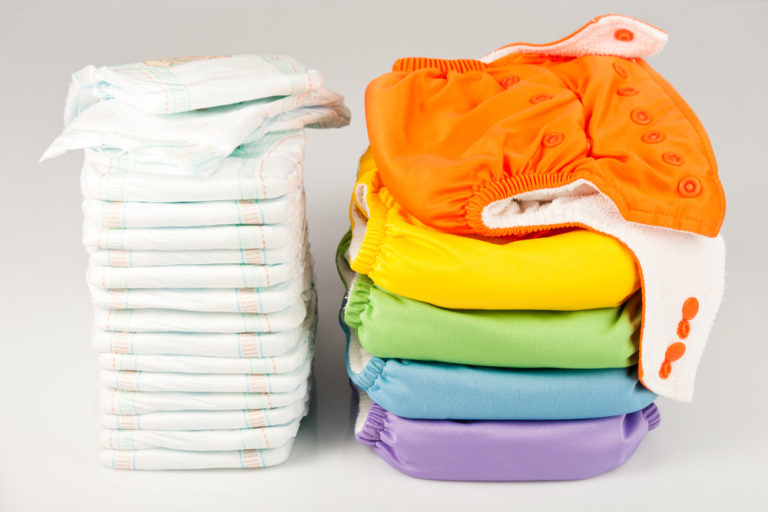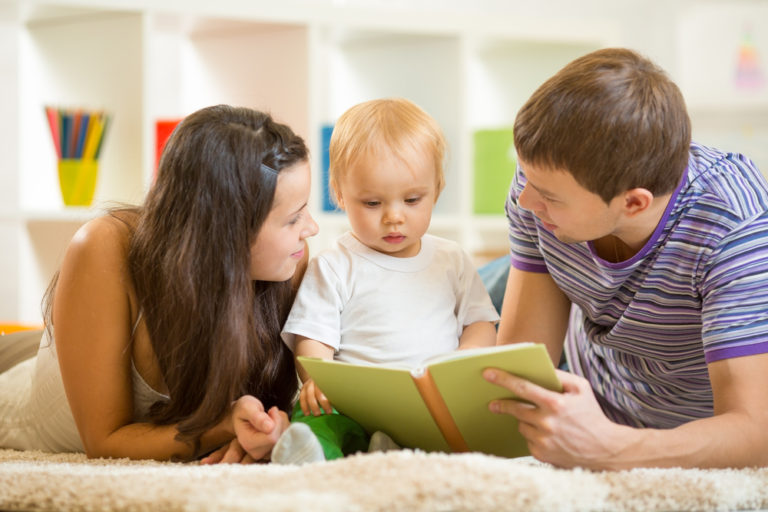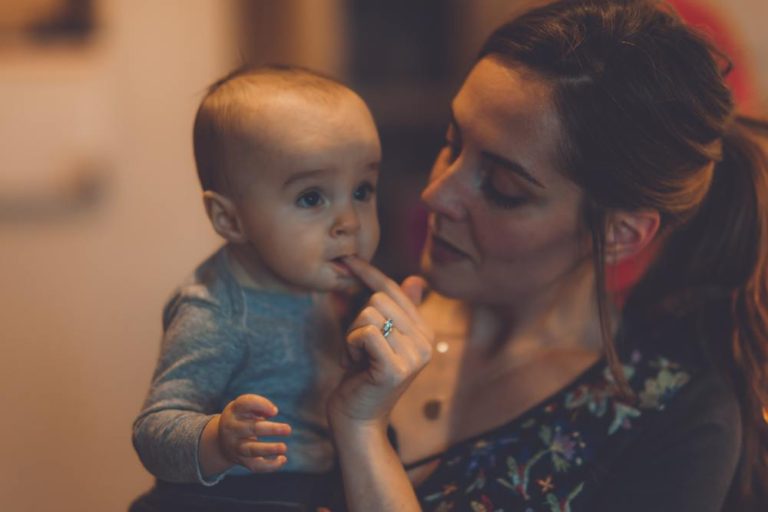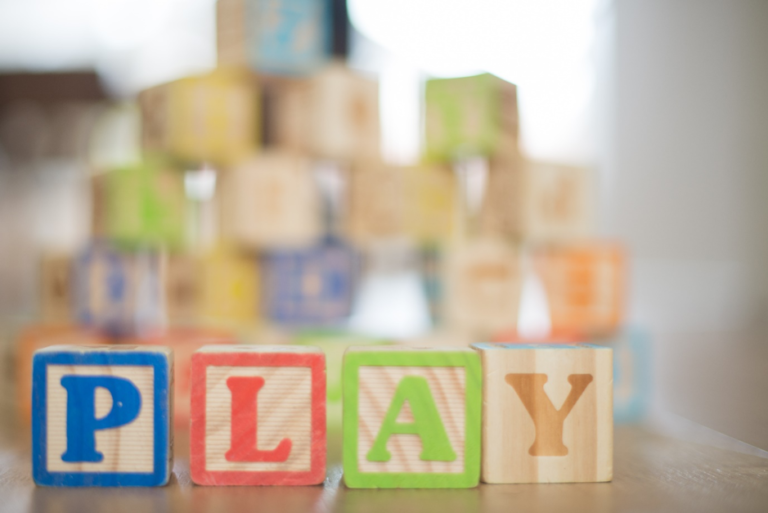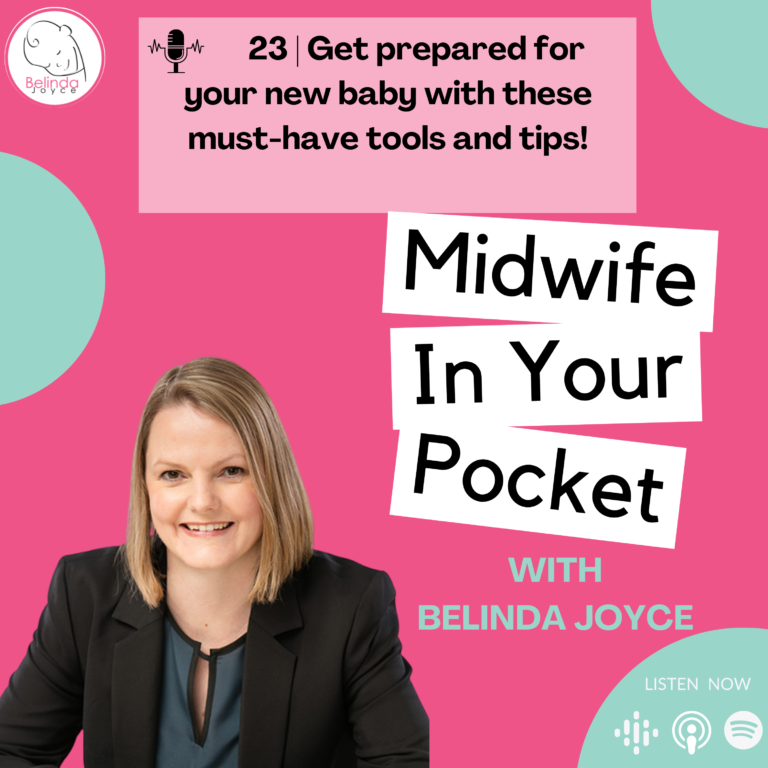Keeping Babies and Children Safe from Button Batteries
We need to keep babies and children safe from button batteries, they are one of the most dangerous things in your home. In Australia around 20 children go to a hospital emergency department every week with button battery injury, some require surgery and in a very small number of cases, the injury can be fatal (3 confirmed in Australia and 64 globally).
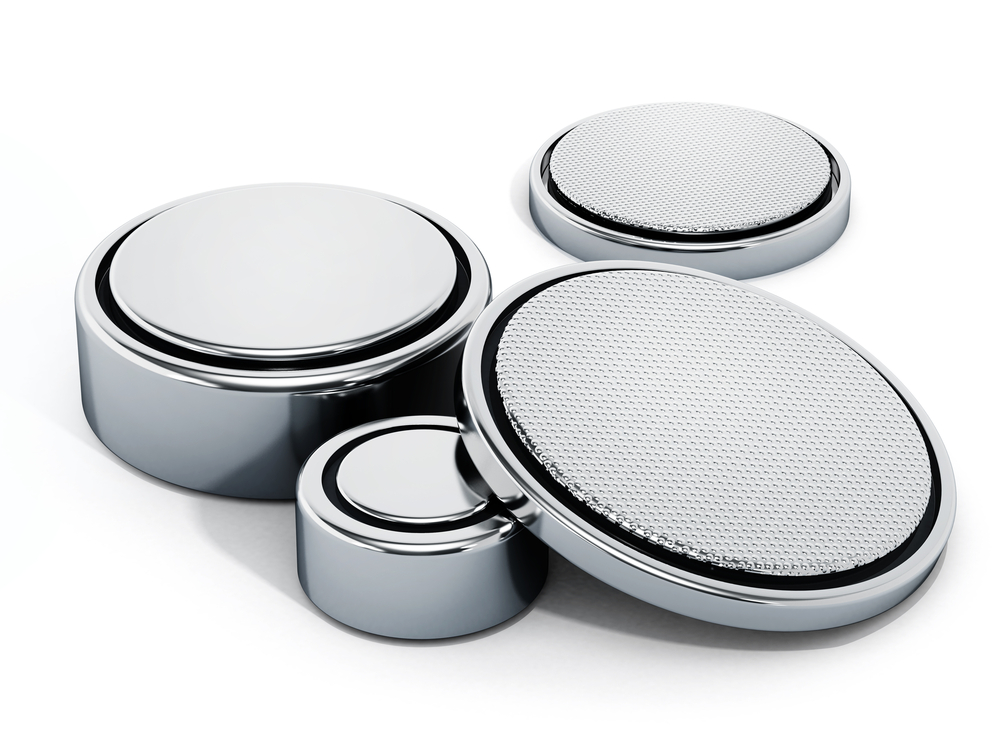
As we all know babies and young children put everything in their mouths and button batteries look just like a lolly. These batteries can become lodged in the throat and either cause choking or you may not know as your child can still breathe. They have a large surface area and often have some residual voltage. They can burn through the oesophagus in under 2 hours and therefore urgent medical attention is required.
With some simple tips you can reduce the chances of your baby or child ingesting a button battery:
- give toys that are intended for children under 36 months as most will have screws securing the battery compartment or a more secure ‘child safe’ compartment (check these regularly)
- check novelty items for button batteries (such as novelty flashing jewellery or Christmas decorations)
- check around your home for items with button batteries
- store spare batteries out of reach in high cupboards
- dispose of batteries safely, most councils have free disposal of batteries
By completing an audit of your home for button batteries you may be surprised to find many items that now use these and it seems to be growing.
DISCOVER HOW TO SURVIVE & ENJOY YOUR BABY!
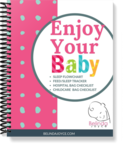 The pack is full of checklists and printables to help you improve sleep challenges with our flowchart, decide what to take to hospital, what equipment is essential, what to put in your nappy bag and so much more
The pack is full of checklists and printables to help you improve sleep challenges with our flowchart, decide what to take to hospital, what equipment is essential, what to put in your nappy bag and so much more
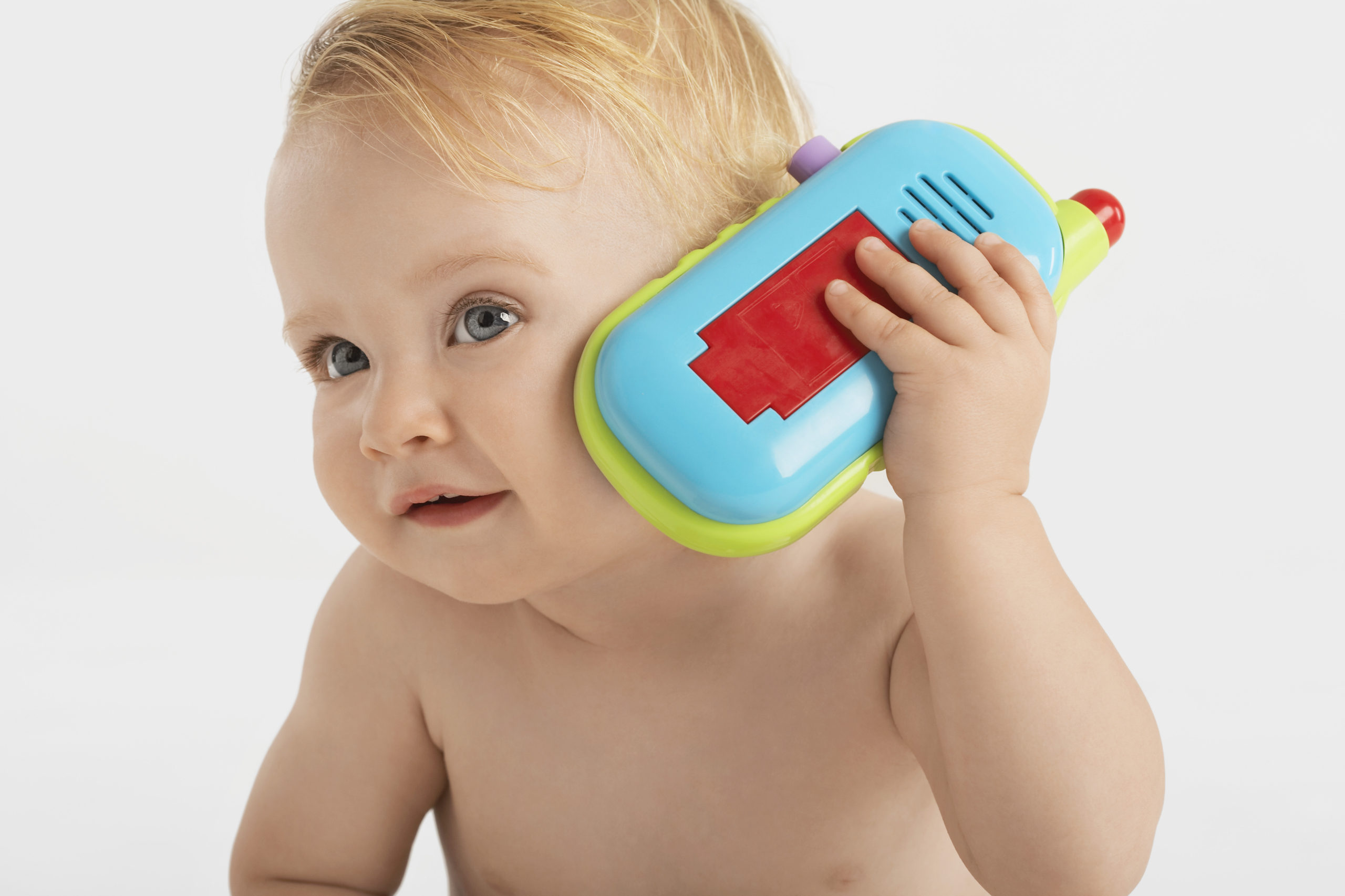
Common household items with button batteries:
- Calculators
- Fake candles
- Thermometers
- Kitchen scales
- Car keys
- Garage remote controls
- Watches
- Hearing aids
- Musical cards
- Torch keyrings
- LED lights
Many of these items are not meant for children and do not have the safer screw closures and therefore a baby or young child may be able to easily get the battery out. These need to be stored up high and out of reach.
Symptoms may include:
- Coughing
- Vomiting
- Swallowing difficulties
- Drooling
- Noisy breathing
- Chest pain
- Food refusal
If you think that your baby or child has swallowed a button battery it is important to get urgent medical care by phoning 000 for immediate advice and ambulance transport to the emergency department at your local hospital.
Bella’s Footprints -Butt=on Battery Awareness
My book ‘Survive and Enjoy Your Baby‘ has more detailed information around preparing and caring for your baby.
